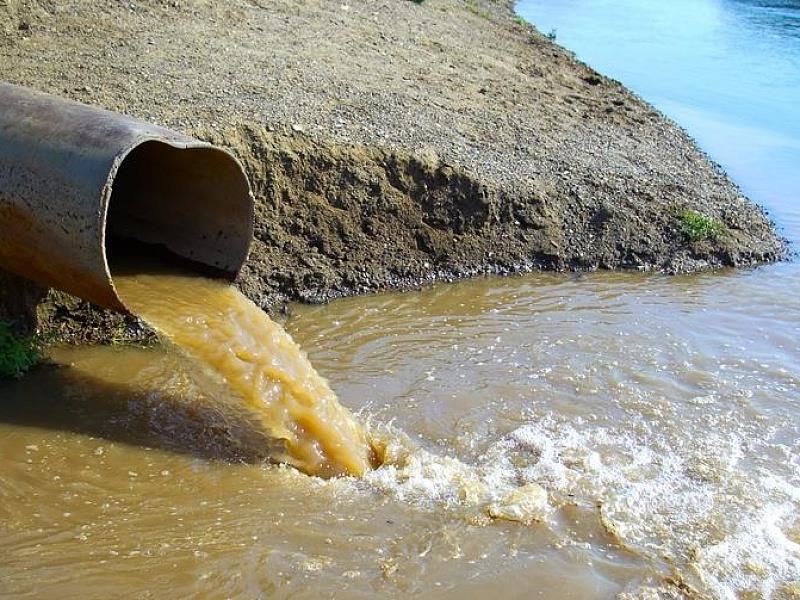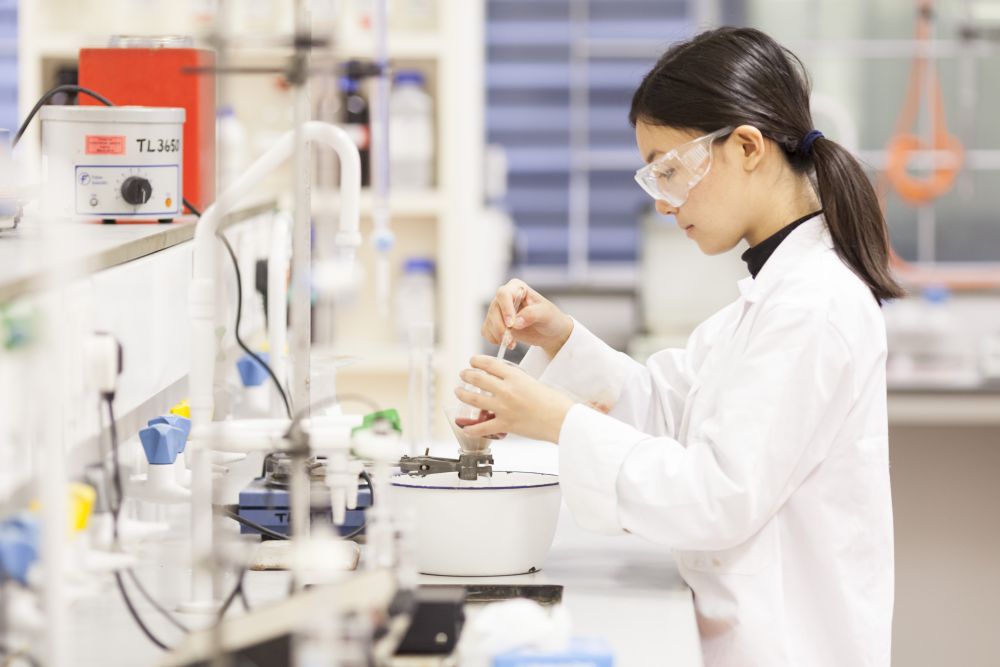Soil erosion will cause a large increase in suspended matter in the water and make the river water turbid. Decreasing transparency affects the respiration and metabolism of aquatic organisms, and even causes the death of fish in the river, especially when there are more suspended solids, it may cause the river to block. The solid matter in water can be divided into total filterable residue and total non-filterable residue. The sum of these two substances is the total solid. They reflect the water quality indicators of soluble solids and insoluble solids content. And all the residues of insoluble solids on the filter membrane after filtration are what we often call suspended matter.
It is mainly composed of soil, organic matter, and aquatic substances in the water. Suspended matter is the main cause of water turbidity. It will deteriorate water quality after anaerobic fermentation, so it is one of the important indicators to measure the degree of water pollution. In some industrial wastewater and urban sewage water quality testing, there are also special regulations for total solids.
The total solid in water is also called the total evaporation residue, which is the residual substance when the water sample is evaporated and dried to a constant weight under the specified conditions, which is converted into the number of milligrams of residue per liter of water. It is the sum of water soluble solids and suspended solids.

During the test, add the evenly mixed water sample into a constant weight evaporating dish, evaporate it on a steam bath or a water bath, and then dry it to constant weight at 103-105°C. The added weight of the evaporating dish is the total solids weight.
1. 9cm diameter porcelain evaporating dish or 150mL hard beaker or glass evaporating dish.
2. Laboratory constant temperature water bath
3. Drying box
4. One ten thousandth balance
5.100mL graduated cylinder
1. Place the cleaned evaporating dish in an oven at 103-105°C for 30 minutes, and weigh it after cooling until it has a constant weight. The difference between the two weighings should not exceed 0.0005g.
2. Take an appropriate amount of oscillated and even water sample in the above evaporating dish, evaporate it on a water bath, and move it into an oven at 103-105°C for 1 hour. After cooling, weigh it to a constant weight, and bring the result into the formula: total Solid (mg/L)=(AB)*1000*1000/V to get the parameter of total solid.
The above is the determination method of total solids in water.

相关推荐